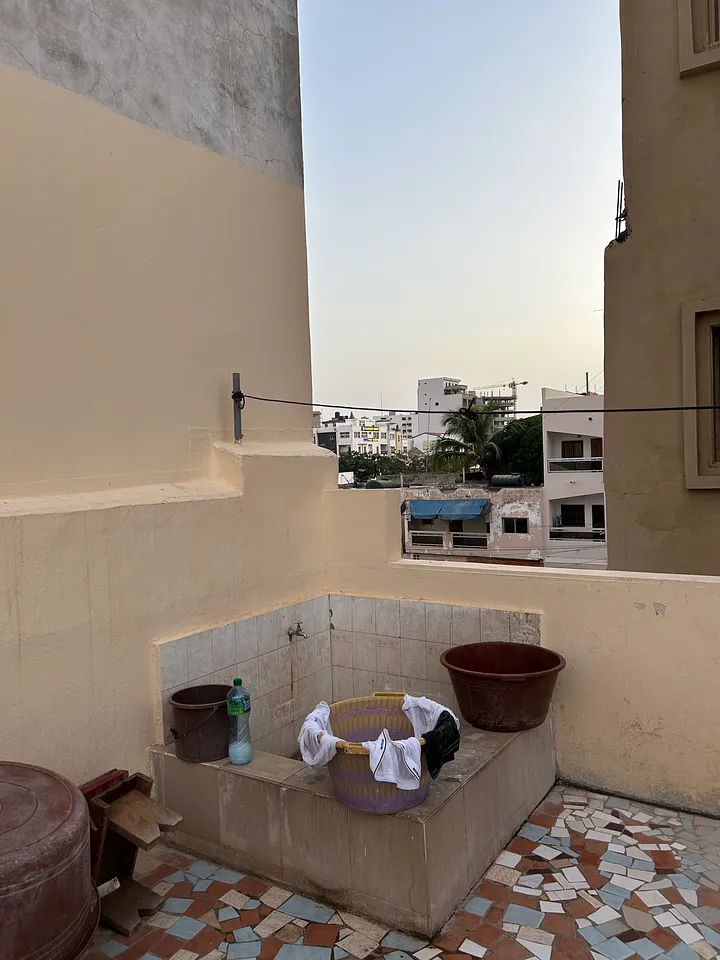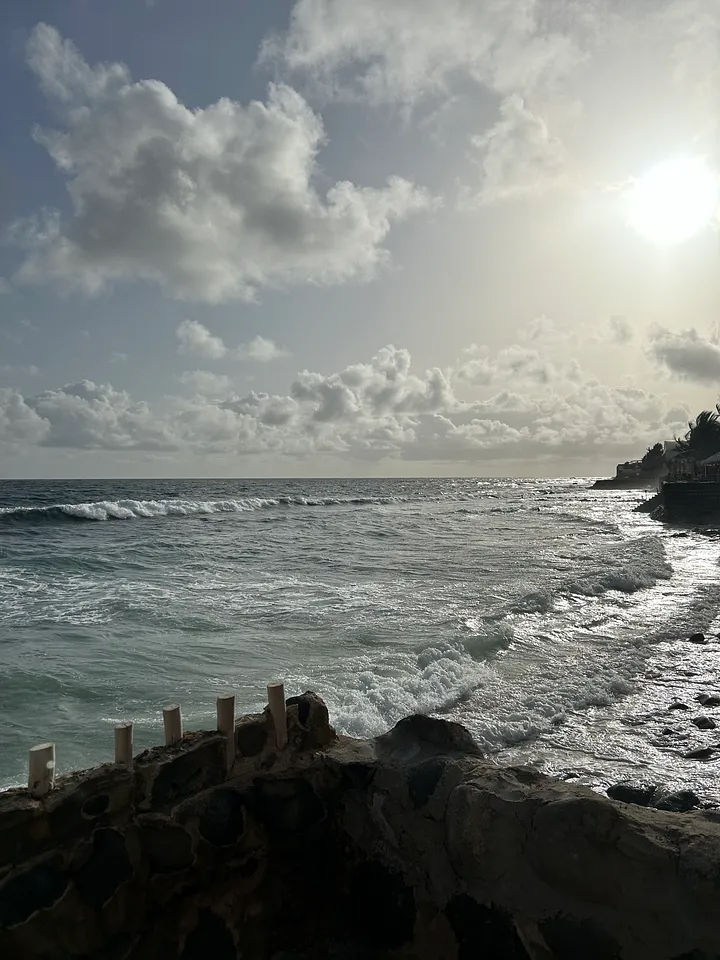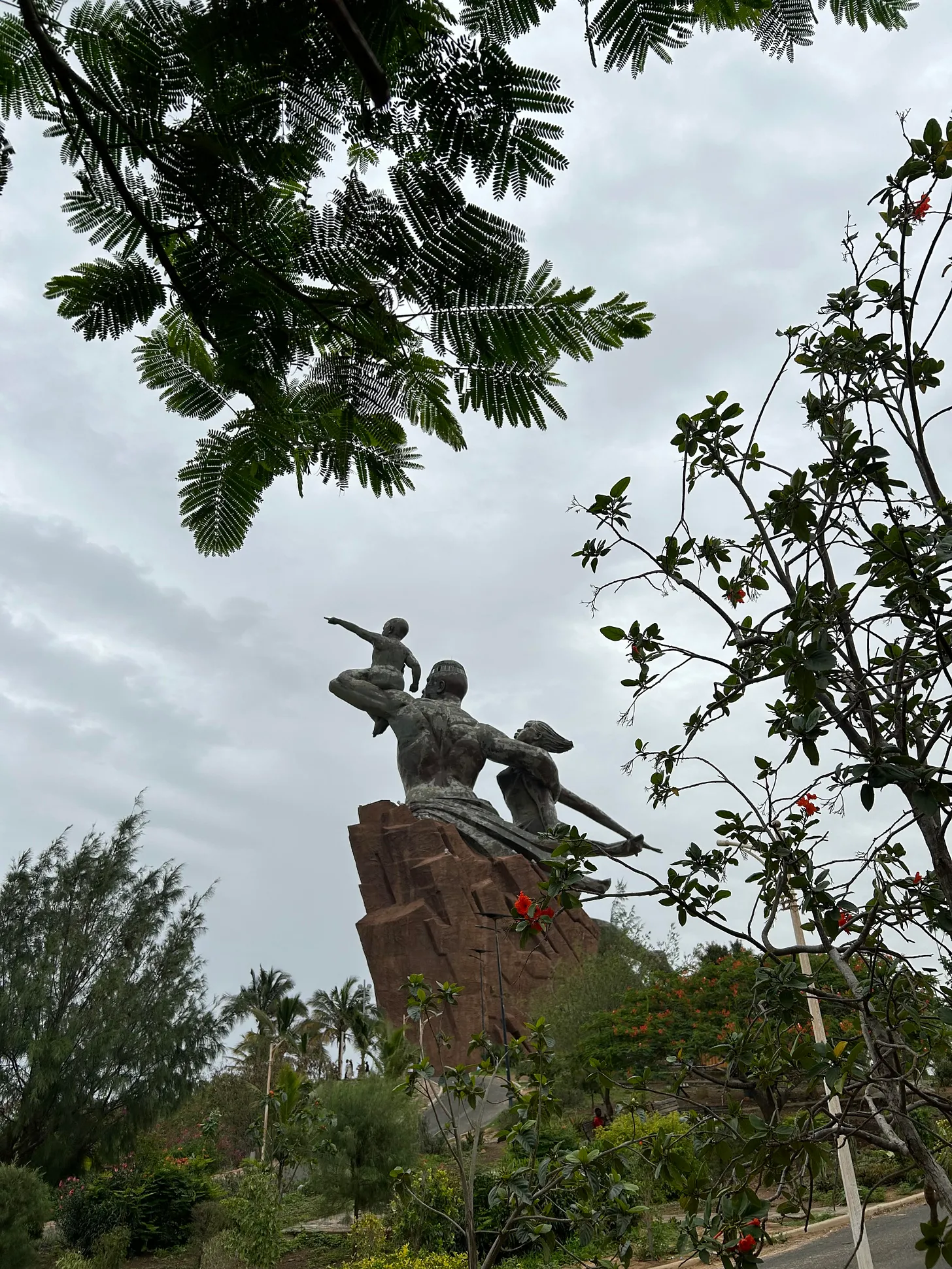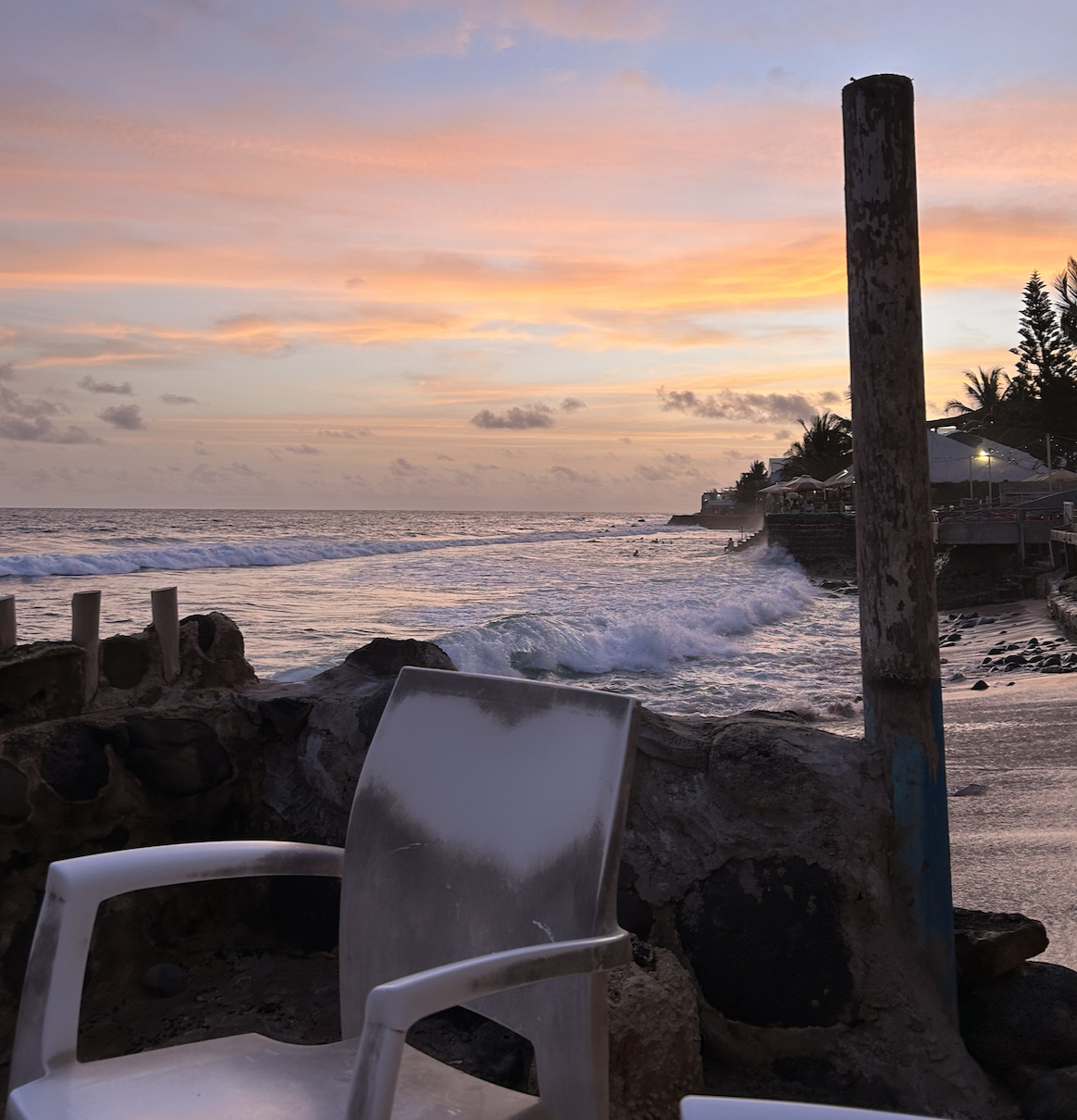
No Vacancy
Our bus, which had roared through Niokolo-Koba National Park for the past several hours, screeched to a halt on a seemingly random street in Kedougou, a dusty outpost town in Senegal’s far east. We hesitantly followed the stream of people onto the red-clay streets and walked through a market, where vendors hawked t-shirts and other odds and ends.
I remember hoping that we’d be able to find Guinean money or even a soccer jersey, given our proximity to the border. More pressing concerns included locating an ATM that would take our Western bank cards, after which we would find accommodation for the next couple of nights. Google Maps indicated that a European-style hotel, complete with a swimming pool and bar, was located just a ten-minute walk along the banks of the Gambia River. Its reviews indicated that they accepted credit cards and even offered hot water on occasion. Once we arrived, however, the parking lot was filled with off-roading vehicles with Spanish license plates. The entire hotel was booked out, explained the receptionist, despite our desperate begging. No dice.
Defeated, and increasingly anxious, we weighted the various options—none of which looked remotely comparable to the luxe hotel we stood in. A few minutes walk, it seemed, was another lodge whose reviews had plummeted in recent years. As we descended down a steep hill in the darkness, the sounds of cicadas and the occasional distant howl filled the air. The lodge was deserted and seemingly abandoned, but a few minutes after we rang a bell at what seemed to be a front desk, a jovial man in a wrinkled white uniform appeared and, to our great relief, said they had the perfect room for us. When I asked if they accepted credit card, he grimaced and said they did not.
That is how we found ourselves waiting with bated breath in the ATM room at the Banque Agricole du Senegal. The whir of the machine as it fluttered crisp bills into the tray felt as though we’d won the lottery, and we cheered as each of our cards were accepted. Soon, we had enough cash to pay for two nights at Hotel Les Cocotiers, of which we had seen almost nothing because of the cloak of darkness that spread over the dimly lit Kedougou.
Our room was modest, and it appeared that random people had moved into some of the empty spaces in the hotel. To celebrate our success, we headed down to a broken wooden dock that overlooked the calm Gambia River and cracked open three cold beers. After some time, the bob of a flashlight illuminated the black night. Another man who worked at the hotel—which was surprising, as we appeared to be the only guests—introduced himself and we invited him to sit and talk.
He was of the Bassari group, an ethnic minority in Senegal whose language is spoken by less than 15,000 people spread over the remote plains of the country’s southern savannah. The stars—ever visible against the night lit only by the moon—shone brighly above us, though I was not familiar with any of the constellations. We were introduced for the Bassari words for earth, moon, river, and shared some English in return.
And that is how I found myself in what felt like an entirely different world from the bustling streets of Dakar—sitting under a blanket of stars, learning words in a language I had never heard of.



